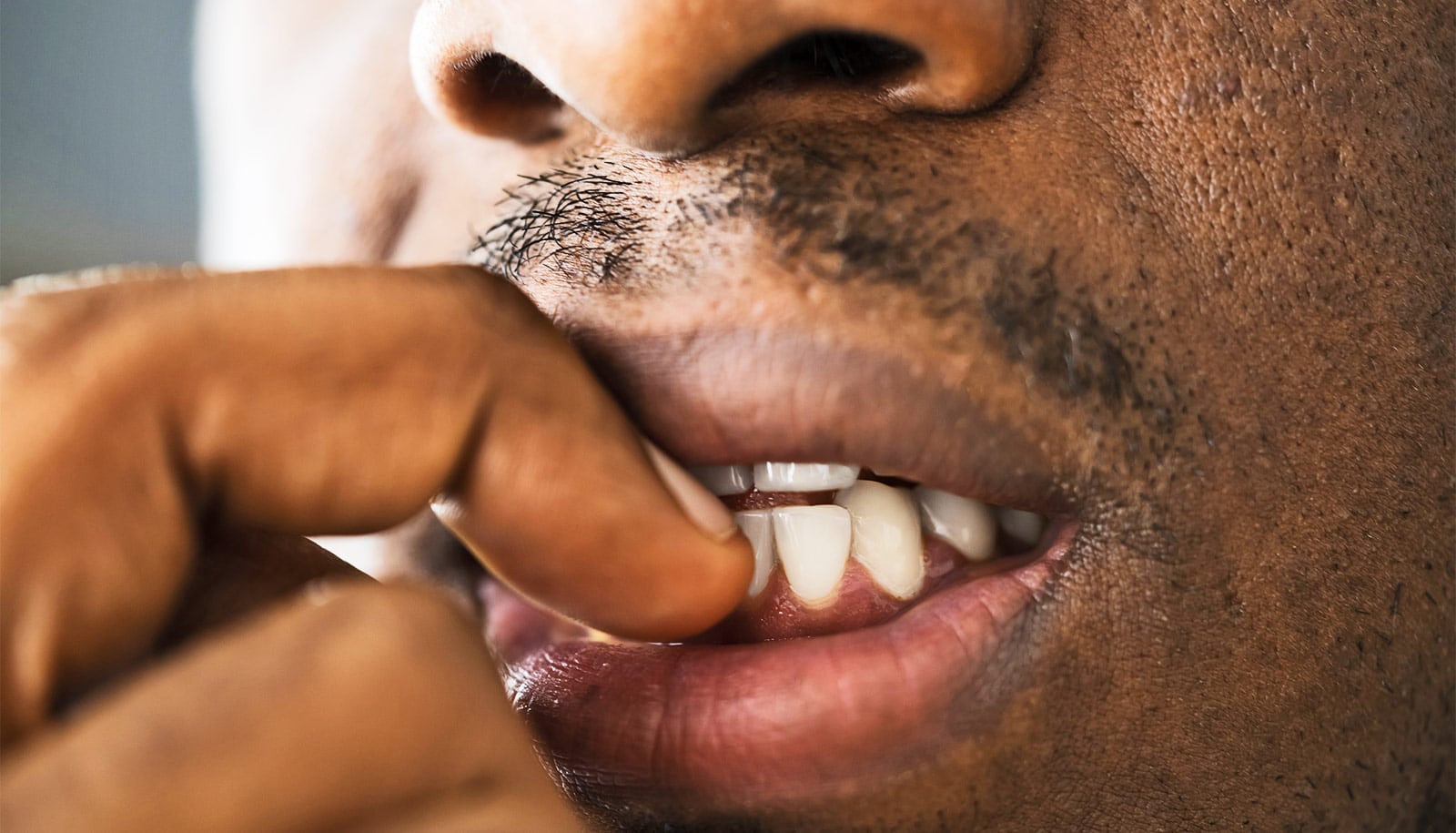Women who get a false-positive mammogram result are newly prescribed anxiety or depression medication at a rate 10 to 20 percent higher than patients who receive an immediate negative result, research shows.
The findings highlight the importance of swift and accurate follow-up testing to rule out a breast cancer diagnosis.
A false-positive result is one where a suspicious finding on the screening mammogram leads to additional testing that does not end up leading to a breast cancer diagnosis.
Within that group of patients who required more than one test to resolve the false-positive there was a 20 to 30 percent increase in those beginning to take anxiety or depression medications. The increase was particularly noticeable for women with commercial insurance who required multiple tests to rule out a breast cancer diagnosis.
“The results suggest that efforts to quickly resolve initially positive findings including same-day follow-up tests may help reduce anxiety and even prevent initiation of anxiety or depression medication,” says Joel Segel, assistant professor of health policy and administration at Penn State.
This study demonstrates that some women who experience a false-positive mammogram may need additional follow-up care to effectively handle the increased anxiety that may accompany the experience.
More importantly, from a practitioner standpoint, the study identifies sub-populations who may be most at risk of increased anxiety following a false-positive mammogram, Segel says.
Specifically, women whose false-positive result requires more than one follow-up test to resolve, women with commercial insurance who undergo a biopsy, women who wait longer than one week to receive a negative result, and women who are under age 50 may all be at higher risk of experiencing clinically significant anxiety or depression.
False positive mammograms may flag future cancer
“Regular breast cancer screening is critical to early detection,” Segel says. “Patients should continue to work with their providers to ensure they are receiving guideline-appropriate screening and should follow up with their providers if they experience either anxiety or depression following screening or any type of care.”
For the study, published in Medical Care, researchers studied commercial- and Medicaid-claims databases to identify women ages 40 to 64 who underwent screening mammography with no prior claims for anxiety or depression medications.
Other coauthors are from the University of Virginia and the University of Michigan.
Source: Penn State



